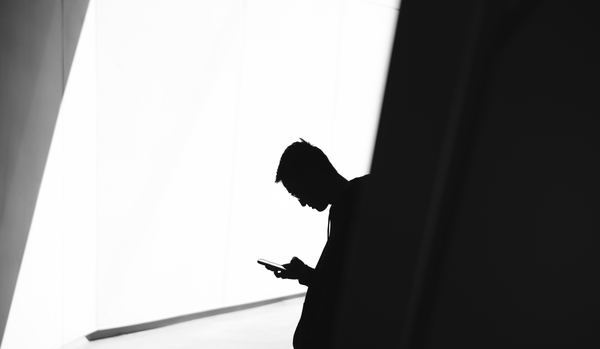By Pastor Andrews - Mar 8, 2018 #digital #technology
Digital Dictatorships

George Orwell’s 1984 seems more relevant than ever
Technology has proven to be both a blessing and a curse. Being amoral, technology is essentially neither good nor bad, but what makes it become a blessing or a curse is how it is used: individually, corporately, or even nationally. So what happens when a government uses technology to track, surveil, and monitor its own people? If we, as Christians, are instructed by scripture to be submissive to the powers that be, does there come a point when we decide that what the government is doing is evil and therefore, disobey, resist, or even oppose those authorities?
This is an issue facing our brothers and sisters in China right now. In a strange Orwellian-like development, China is using cameras with facial recognition software, digital policing platforms, and smartphone monitoring to “effectively maintain social stability.” Li Yuan, in an article in The Wall Street Journal entitled, “Stranger Than Fiction: The Future for Digital Dictatorships” writes, “To some Chinese it seems their movements, habits, and thoughts can be tracked by a government with unchecked power.” Suddenly, Orwell’s 1984 seems more relevant than ever.
The issue becomes even more pertinent since, just last week, the Communist Party in China approved an amendment to their constitution removing presidential term limits. What makes this a matter of great concern to us as believers is that, according to Fox News, “the persecution of Christians and other religious groups in China has ‘intensified’ since Xi Jinping came to power in 2012, a new report by watchdog group Freedom House found.” A decade ago it was thought that social media and internet technology would promote free expression and tolerance in China, but now an atmosphere of “techno-pessimism” prevails.
In the western region of Xinjiang, the government is even collecting DNA and using “data-crunching policing systems” to counter government opposition by religious groups. The idea of embedded chips may be the next step in keeping tabs on citizens. Such invasive technology reminds me of Revelation 13:16-17: “It also forced all people, great and small, rich and poor, free and slave, to receive a mark on their right hands or on their foreheads, so that they could not buy or sell unless they had the mark, which is the name of the beast or the number of its name.”
Perhaps the good news in this story is that technology is a two-edged sword that cuts both ways. Already people in China are fighting back with technologies of their own, like using code language to bypass government restrictions. Also, global tech firms seeking international expansion are resisting because, according to one source, “they don’t want to be seen as tools of Beijing.” Recently Tencent, a leading provider of Internet-value added services in China, was forced to “take down two AI-enabled chatbots” because one chatbot affirmed the “China Dream” was to go to America (a chatbot is a computer program designed to simulate a conversation with a human—think Apple’s Siri or Amazon’s Alexa).
I can’t help but wonder if the technological surveillance happening in China will ever take place here in America. Given the widespread knowledge of technology here it seems unlikely. Yet, we should pray for believers in China who find themselves under increasing scrutiny. And we should also be prepared to resist any government policy or regulation that hinders our obedience to God. When it comes down to offending your conscience or obeying your government, a mind informed by scripture will always defer to God.
>> Get my free e-book, Ten Chapters of the Bible Every Christian Should Know and Understand